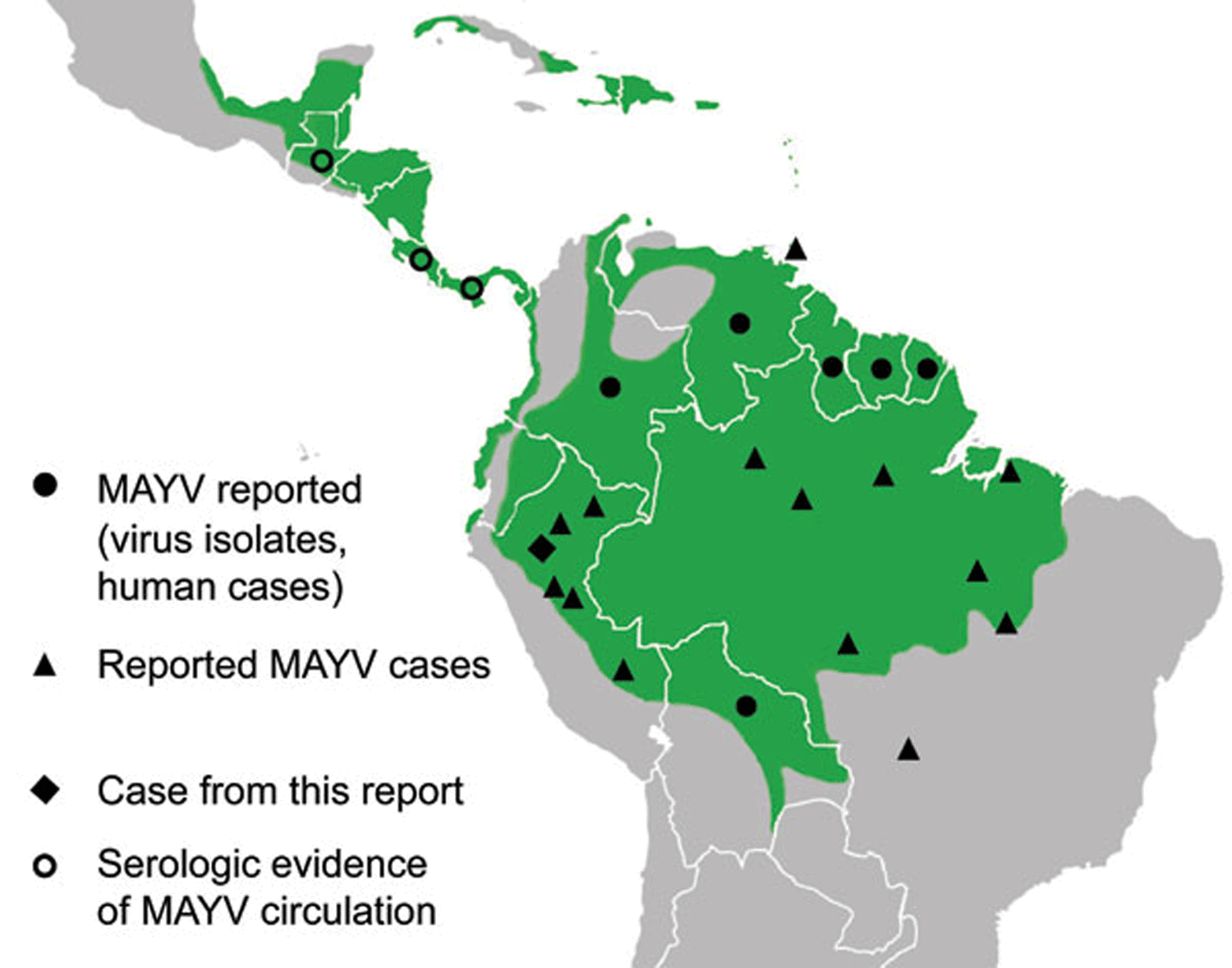BELIZE CITY, Tues. Oct. 4, 2016–A new wave of viral diseases caused by mosquitos has been sweeping our region, the most recent being the Zika virus, which could go undetected in the vast majority of people who contract it, but which could result in significant effects on patients, including a paralyzing condition known as Guillain-Barré syndrome.
While there have been no cases of Guillain-Barré syndrome in Belize associated with Zika and no Zika-associated cases of microcephaly confirmed, the country has seen nearly 600 clinically suspected cases. Notably, this exceeds the number of clinically suspected dengue cases, which totaled 321 up to September 24.
The first case of Zika was confirmed in Belize in May, and since then, it has cropped up in every district, with the bulk of cases being confirmed in the Belize and Cayo Districts.
However, there are thousands of other cases where patients have been found to have Zika or dengue-like symptoms which remain a mystery, since those individuals have tested negative for the arboviruses (viruses transmitted by arthropods such as mosquitos) known to be circulating in Belize. Director of Health Services, Dr. Marvin Manzanero, underscored the need for alertness.
“We can’t take off the radar that there is a new viral disease… it has been spread and now it’s going to come on the radar more… Mayaro fever [associated with the same mosquito] is a fever that was predominantly found in certain parts of Bolivia, Ecuador, and Brazil, but now there’s been a case on the island of Hispaniola, and there could be more cases,” said Manzanero.
The data shows that “88% of the cases that we are testing are turning out to be negative for dengue, Chikungunya and zika—and that’s not only in Belize; that’s in the entire Caribbean region. I think CARPHA is saying that 95% of the tests that are being done are negative for viruses.”
We asked whether it is possible that we could be looking at something airborne — something in the water or something in the food.
“Whatever we are seeing doesn’t fit that pattern,” Manzanero said, adding that it is most likely vector-borne.
According to the DHS, studies are indicating that Zika could be transmitted by mosquitos other than those we know. He furthermore said that as people interact more with the ecosystems they are destroying, it is more likely we could be exposed to pathogens that may have been circulating in other species.
Last month, it was reported that University of Florida (UF) researchers had found that a patient from Haiti was infected with a new strain of the Mayaro virus, which was first isolated in Trinidad in 1954.
“The [most recent] case was identified from a blood sample taken in January 2015 from an 8-year-old boy in rural Haiti. The patient had a fever and abdominal pain but no rash or conjunctivitis,” a report published by the university said.
The US Centers for Disease Control says that, “Clinical signs of this acute, dengue-like, febrile illness last 3–7 days and typically include chills, headache, retro-orbital and epigastric pain, myalgia, arthralgia, nausea, vomiting, diarrhea, and a maculopapular rash [a type of rash characterized by a flat, red area on the skin that is covered with small confluent bumps]…”
“While current attention has been focused on the Zika virus, the finding of yet another mosquito-borne virus which may be starting to circulate in the Caribbean is of concern,” said Glenn Morris, M.D., M.P.H., director of the UF Emerging Pathogens Institute. “Hopefully, we will not see the same massive epidemics that we saw with chikungunya, dengue and now Zika.
However, these findings underscore the fact that there are additional viruses ‘waiting in the wings’ that may pose threats in the future, and for which we need to be watching,” he said.
The UF report explained that the “Mayaro virus” is closely related to the Chikungunya virus, which emerged in our region in 2014 and spread like wildfire in some countries. In Belize, only 1 case of Chikungunya has been reported by the Ministry of Health so far for 2016.
“Whether this case signals the start of a new outbreak in the Caribbean region is currently unknown,” the UF report said.

